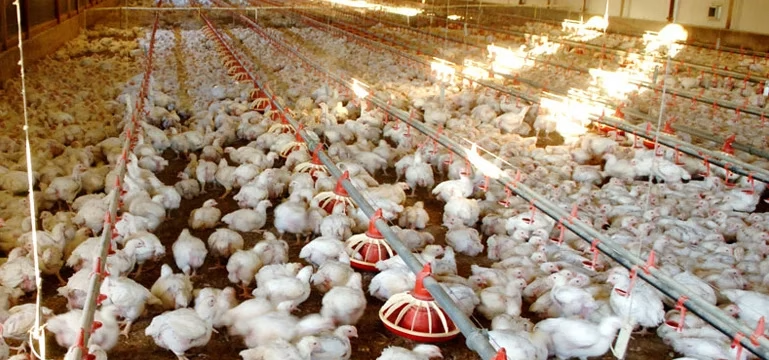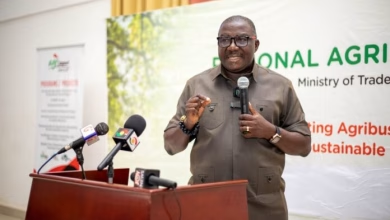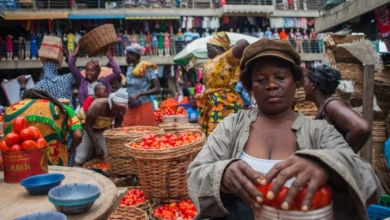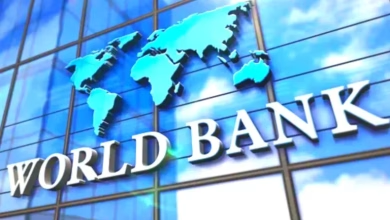Reviving Ghana’s Poultry Industry

- The ‘Nkukor Nkitinkiti’ policy aims to revive the poultry industry
- The government has set aside ¢1.5 billion for the program
- The policy focuses on creating jobs through agriculture
Government spokesperson Felix Kwakye Ofosu has stated that the poultry industry has collapsed, and the new ‘Nkukor Nkitinkiti’ policy aims to revive it and boost agricultural production. Speaking on JoyNews’ Roundtable on March 12 during discussions on the 2025 budget, Kwakye Ofosu explained that the policy is part of a broader economic transformation plan with several agricultural initiatives.
“This is part of our agricultural or economic transformation agenda, which includes various activities to strengthen agriculture,” he said.
He highlighted key programs under this agenda, such as the Feed Ghana program, the Ghana Grains Development Project, the Vegetable Development Project, and the ‘Nkukor Nkitinkiti,’ also known as the Poultry Farm to Table project.
The minister acknowledged the poor state of the poultry industry, emphasizing the need for urgent action. “The poultry industry has collapsed,” he said. “We are starting with poultry, but we know there’s much more to be done in areas like animal husbandry, snail farming, and other agricultural ventures.”
Kwakye Ofosu clarified that the initiative is not just about distributing chicks to farmers. He described it as a comprehensive program supporting various agricultural sectors, including vegetable farming, grain production, and tuber cultivation. “It’s not just about giving chicks to farmers to build a poultry farm. We’re supporting farmers in other areas like vegetables, grains, soya beans, rice, yams, cassava, and more,” he explained.
The government has allocated ¢1.5 billion Ghana cedis to fund the program, although there have been concerns about whether this amount is enough. Kwakye Ofosu acknowledged the concerns but expressed confidence in the plan, saying that the government believes this initial investment will help grow the industry over time. “Given the state of the economy and available resources, the government is starting with this amount, and with consistency, we will grow the industry,” he assured.
He also emphasized that the policy will attract private investment into the sector. “Those who benefit from the program will grow their capital and reinvest. Others with capital but unsure where to invest will also be encouraged to enter poultry farming, which is a profitable venture,” he added.
As the economy improves and more funds become available, the government plans to increase allocations to support even more people entering agriculture.
Kwakye Ofosu pointed out that agriculture is crucial in addressing unemployment, which he called one of Ghana’s biggest challenges. “Agriculture is one of the ways to create jobs, especially in a country facing high unemployment,” he said.
Through the ‘Nkukor Nkitinkiti’ policy, the government hopes to revive the poultry industry, strengthen the agricultural value chain, and create sustainable job opportunities, contributing to food security and economic self-sufficiency.






